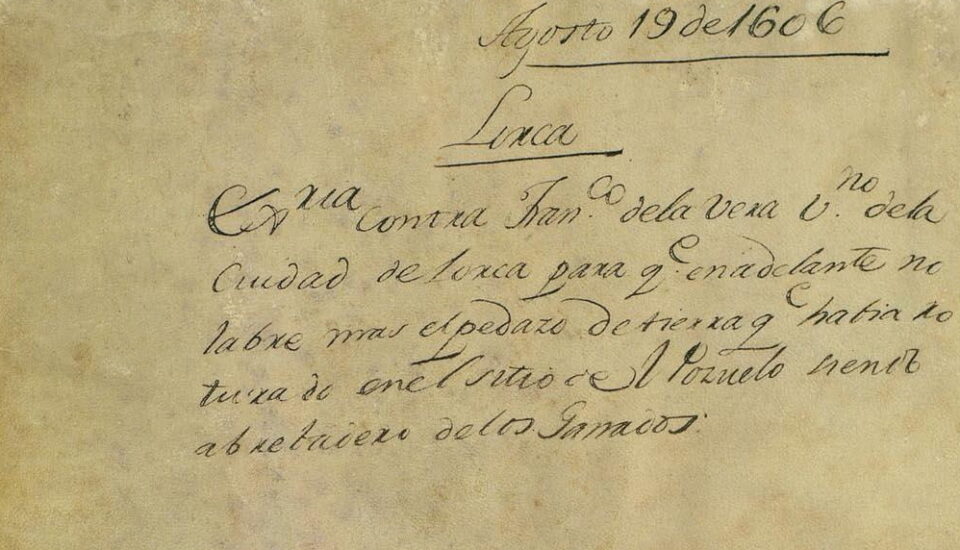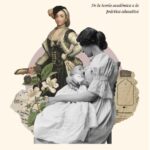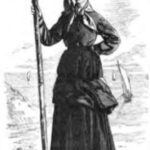The royal patronage was the way the monarchs chose the ecclesiastical personnel. The division between the temporal and spiritual concepts is fundamental to understanding the procedure of royal patronage. The kings would try to assert the temporal sphere, which was theirs, as opposed to the spiritual, which belonged to the pope. The tendency to reaffirm royal patronage was promoted by the Catholic Monarchs, continued by the Habsburgs and strengthened with the arrival of the Bourbons. Through royal patronage, the monarch proposed ecclesiastical personnel to the pope, but it was the pope who had to give his approval (normally the pope agreed to the king’s proposals). Thanks to the royal patronage, the monarchs were able to articulate personnel attached to the state, often making these religious almost functionaries of the king, something which obviously generated suspicion in the ranks of the ecclesiastics who saw it as intrusiveness.
Collection: Texts
Chronology: XVII
Scope: Secondary Education, Baccalaureate, University
Link: http://rua.ua.es/dspace/handle/10045/4633
Resource type: Historical source
Source: Nov Rec. Lib. I Tít. XVII ley XIII. Felipe III, en 7 de abril de 1603
Language: Spanish
Date: 1603
Owner: Djebril Bouzidi (Modernalia)
Identifier: Nov Rec. Lib. I Tít. XVII ley XIII. Felipe III, en 7 de abril de 1603
Abstract: Fragment of text in which Philip III reaffirms his jursidiction on royal patronage
Tags






